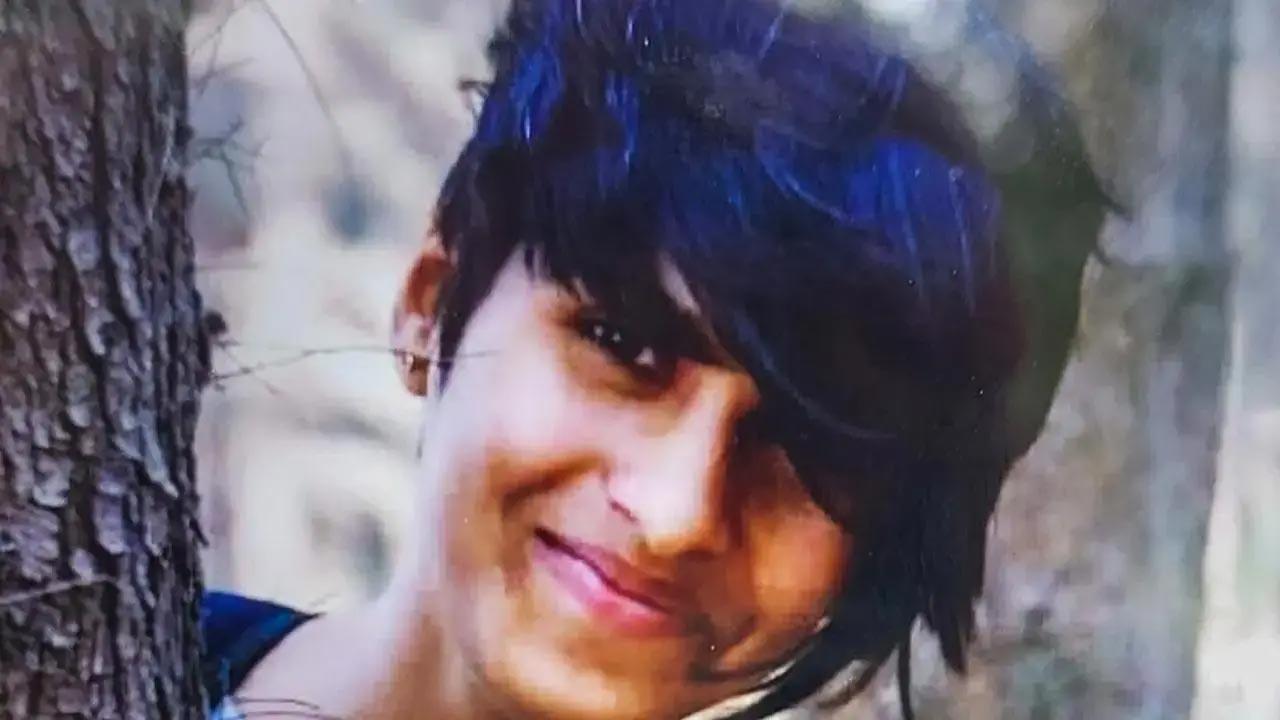But what the Delhi police should not forget is that cases like these are extremely tricky to secure a conviction in court, irrespective of how high their profile might be in the media

Shraddha Walkar. File pic
In his first major court hearing, Aftab Poonawala has, unsurprisingly and expectedly, resorted to the ‘heat of the moment’ line of defence. Neither has he ‘confessed’ to the murder of his live-in partner Shraddha Walkar. Nonetheless, the Delhi court has made light of his claims and given four more days of custody to the police.
ADVERTISEMENT
With this, the probe will settle down to a routine hum, and the police might even get some breather, being able to work away from the media glare.
But what the Delhi police should not forget is that cases like these are extremely tricky to secure a conviction in court, irrespective of how high their profile might be in the media.
Several murder cases in Mumbai in the recent years are a sad testimony to this. Bodies are chopped and disposed of and, in some cases, have never even been discovered. After that, there is a media circus and the local police bask in their 15 minutes of fame. But come trial time, they realise that they have precious little to convince the law. All they have to rely on are circumstantial evidence and forensic evidence.
This paper has highlighted how the forensic analysis will hold the key in cracking this case, and subsequently, the trial. It is in this light that the Delhi police’s pronouncement in the court—even before the Rohini Forensic Science Laboratory issued the report on the bone and DNA samples—that they are confident that the bones they have retrieved belong to Walkar is worrying.
Such adventurism may make investigators look good on the front pages today, but will backfire once the trial begins. Any half-competent defence lawyer will look to exploit these loopholes, and pronouncements like these are low-hanging fruits.
Finally, the powers that be must ensure that this case is fast-tracked once it reaches the trial stage, and with that in mind, they should not hesitate to transfer the case to a bigger agency if required.
 Subscribe today by clicking the link and stay updated with the latest news!" Click here!
Subscribe today by clicking the link and stay updated with the latest news!" Click here!







